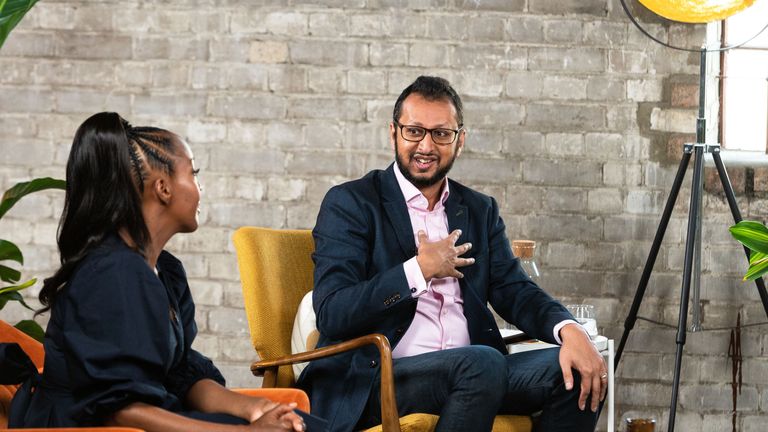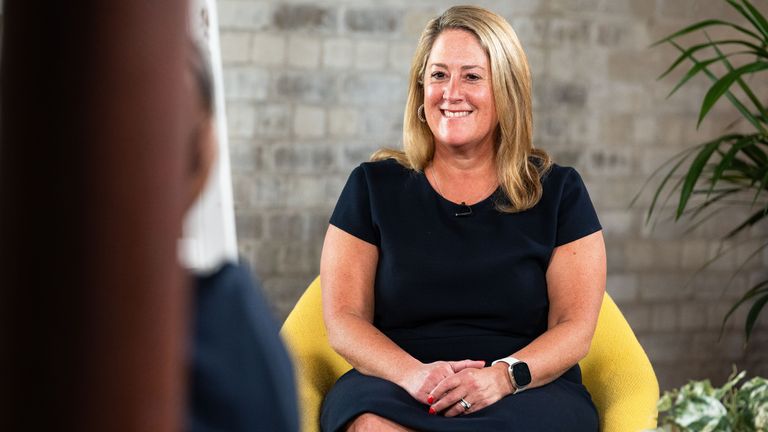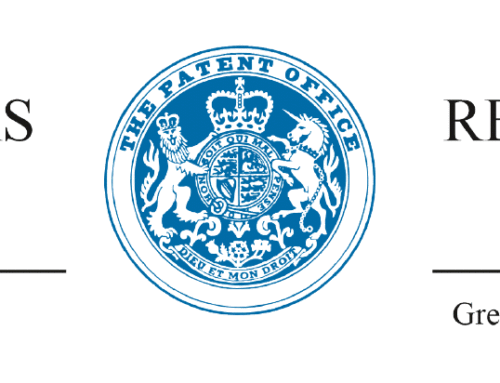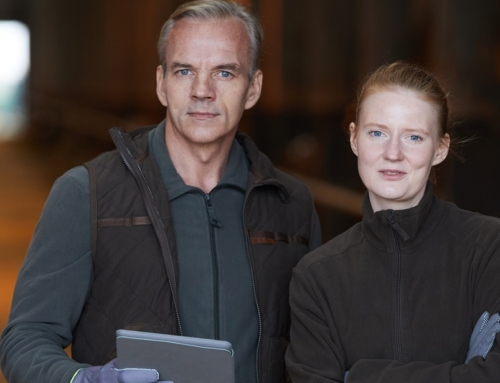Price Waterhouse Cooper’s advertisement on the Sky news website takes the time to discuss how business can benefit from a proactive approach to risk management.
ZEBSOFT is the essential tool to bring all the aspects discussed in this interesting article to life in your business.
The survival of the fittest. Dog eat dog. It’s a jungle out there. The world of business borrows heavily from the natural world when it comes to analogy. But are there any real-world similarities between the two when it comes to managing risk?
From climate change to the threat of cyber attack, organisations are dealing with increasingly complex and varied risks. Risks to their reputation, people, and finances. It’s an environment that’s fast-moving, uncertain and unpredictable. To keep working effectively and be able to respond to new opportunities, they must understand what these risks are and what they can do about them.
As businesses grapple with evolving risks and changing environments, observations from nature, itself made up of complex and unforgiving systems of risk and reward, could offer important lessons.
These parallels were discussed as business experts came together in a series of Sky media discussions, made in conjunction with PwC, addressing how challenges facing business and society will be Better Solved Together.
Adapt to survive
In the face of constant disruption, organisations must adapt to changes in the environment in which they operate, staying agile and developing new ways to thrive. Animals have been doing this for millions of years, not just through long-term evolution, but in the ability to rapidly change and adapt in the face of threats and changes to their environment.
Dr Adam Rutherford, scientist, writer and broadcaster, says: “Evolution is adapting to changing environments, and the animals that are more capable of adjusting their behaviour or their biology according to the changing environments, they’re the ones that survive.”
Evolution or extinction
Whether organisms, or organisations, nothing or nobody can afford to stand still in a rapidly changing environment. If they are to thrive, they must embrace risk, but in a managed way. For businesses, that might be moving into new markets or adapting their business model. For animals, that might be migrating to or exploring new territories.
Kim Morgan-Verlaque, Chief Business Integrity Officer at Unilever, says: “Without risk, there is no change and without change there’s no advancement. So change is good. Change is good for society.”
Mohammad Khan, General Insurance Leader, PwC UK, agrees: “Risk surrounds us and needs to be managed and mitigated, not simply avoided or feared, in order to create opportunities, so you understand the risks, you try and mitigate them, and then you go for that opportunity, because that’s the only way you’re going to grow.”
But any risk appetite must be responsible and measured, Khan adds. “The question is how much risk are you willing to bear? You don’t want to take on so much risk that you would put yourself as an entire organisation at risk.”
And this mirrors observations from the natural world. While evolutionary change is crucial, radical changes create their own considerable risk, notes Rutherford. “If you take a big risk…if an organism produces a naturally huge change in their behaviour or bodies, the chances are more often than not, that is going to instantly cause them to die, which is a high selection point.”
Rethink risk with data and technology
To truly understand the impact of any decisions on its risk profile, an organisation needs to reappraise the role data plays in their decision-making processes. The use of data to help inform decisions will be critical for those businesses looking for sustained value.
“When you use the word risk, it has this negative connotation,” says PwC’s Khan. “So I really think we have to rethink risk. If you look at the most successful businesses, both historically but also now, they’re the ones that have used risk as an enabler rather than as a blocker.”
And technology will be a critical asset for forward-looking risk functions that want to improve their speed of response, adds Khan: “If you compare an organisation now to 20 years ago, the pace of change is so different. It’s so much more accelerated now.”
But even with a new mindset and the right technology, no organisation will succeed in mitigating risk alone.
Evolution or extinction
“There’s a lot of benefit in bringing different perspectives together,” says Unilever’s Morgan-Verlaque.
Looking ahead, that may require closer collaboration and work with regulators, lawmakers and industry bodies to mitigate evolving risks, from cyber crime to climate change.
That will bring opportunities and success for business and wider society, says PwC’s Khan.
“There’s an opportunity now for businesses to work with the government, to work with other institutions to say ‘what can we do to retrain our workforce, make sure people are gainfully employed, make sure people get the right value for the effort that they’ve put in’,” he says.
Morgan-Verlaque adds: “We have the scale to make a difference. Yes, we need to work together with governments and regulators and NGOs, but really there’s a lot of power in organisations to drive the change.”
Only by creating ecosystems that encourage information sharing and enable better prediction, will organisations improve how they prepare for and respond to risk. And just as in the natural world, businesses must continue to adapt and evolve in order to survive.











